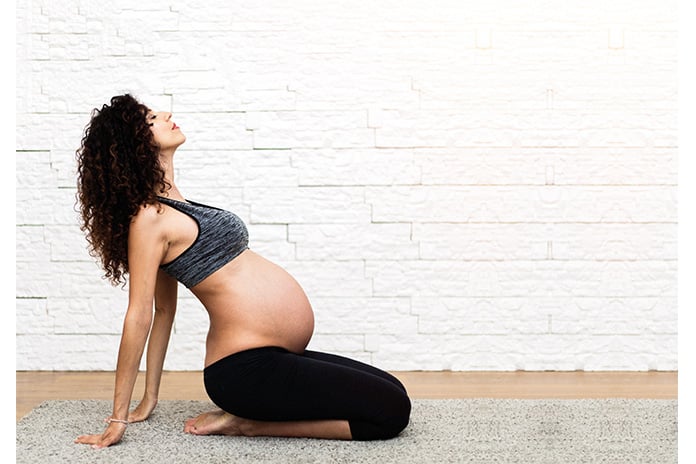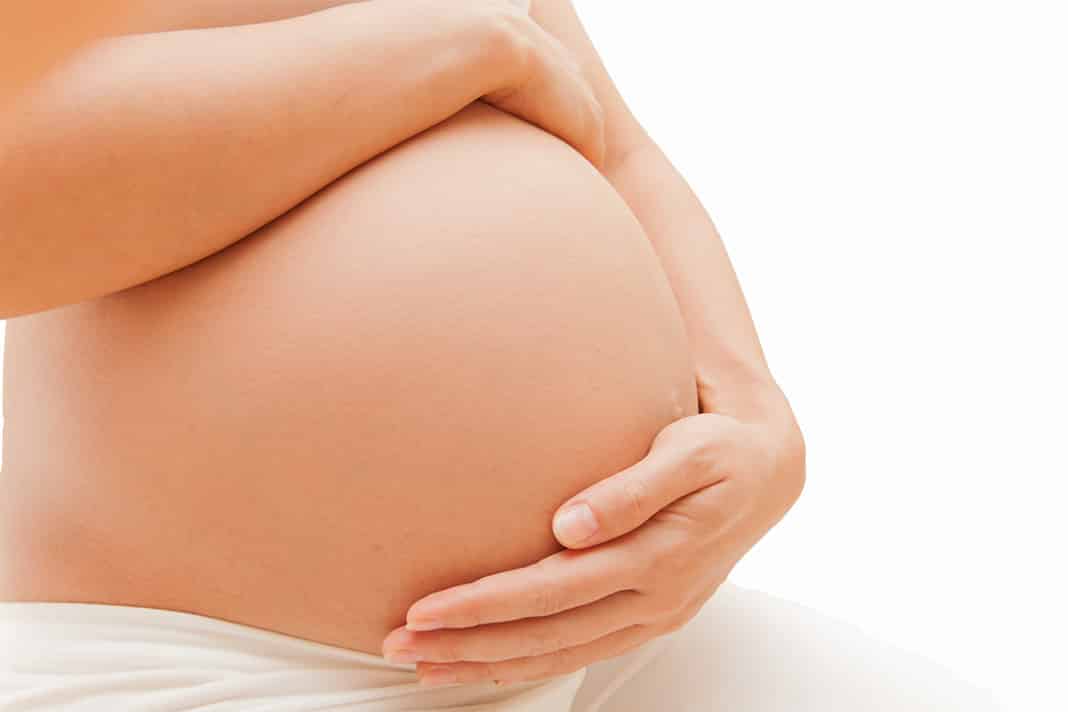Mama talks to women's health expert Camilla Lawrence about the benefits of antenatal and postnatal physiotherapy
Tell us a little bit about yourself.
I’m a women’s health physio or a pelvic physio so I specialise in treating pregnant and postnatal women for any aches, pains or muscle problems they may develop during pregnancy or postnatally. I also treat women of all ages who are struggling with pelvic floor issues. I set up the women’s health physio team at SIX Physio in 2010 and I’ve been running the team in Chelsea since then. We’ve got about six women’s health physios that cover our clinics.
How would you suggest one best prepares themselves for pregnancy?
I think the most important thing is to try and be as fit and active as you possibly can. Active women who have a good fitness level tend to cope with the pregnancy better. With that comes a good measure of rest as well. There needs to be a balance in all of our lives so the rest point is also important. Pregnancy really takes it out of you, and a lot of women don’t expect the levels of exhaustion. There are physical symptoms like sickness, headaches and fatigue, and that can put a lot of women, particularly from an exercise standpoint, back quite a lot. They just don’t feel like they can do it. So if you’re not very fit going into the pregnancy and you’ve spent the first three months feeling horrendous and not exercising, it can be quite difficult to start catching up at that point – although it’s never too late.
What are the benefits of physiotherapy after birth?
While aches and pains are common after pregnancy, they’re not normal. It’s not normal to have back pain, or rib pain, or pelvic pain – lots of people get it because of the changes that your body is going through during those nine months – but it’s never normal. It’s absolutely treatable, but you shouldn’t end up with escalating pain coming up to or after the birth.
If women are in any pain or experiencing pelvic floor issues we can see them immediately postnatally to sort it out.

We also provide postnatal body check-ups from six weeks onwards, when we do a really thorough assessment of their back, their spine, their pelvis and their abdominal muscles to check whether there’s any separation there. We can also check their pelvic floor muscles.
If they’ve consented we’ll do a vaginal examination and be able to give them a good idea as to how well they’re recovering. From there we give them specific advice about how to get back to what they want to return to.
Some women never dream of getting back to running, but others want to be doing it from day two; it’s about a safe return to exercise.
Would you suggest that all women take part in physio take part in physio following pregnancy?
Yes absolutely, it’s open to all women. It’s something that is provided both in private practise and on the NHS by women’s health physios across the country. Postnatal checks aren’t just something that you have to pay for to get – they’re a really sensible way of making sure that you’re in the right place, and that you’ve got good advice to go and do the right things without causing any other problems.
What’s the most important part of your body that you should be looking after following your pregnancy?
The two areas or muscle groups of your body that take a massive battering during pregnancy are the abdominal muscles and pelvic floor muscles. These have massive knock-on implications to the stability of your spine, your pelvis, your hips, and the function and efficiency of your upper and lower limbs because they stem from your core-area. Those are the two areas that I’d be sure were working well before you start throwing yourself around a gym. We check tummy muscles, whether there’s any diastasis, and whether you’ve still got a big distended stomach. Are you able to activate the core well? Is it working at a normal level? We do the the same with your pelvic floor. Are there any symptoms of bladder or bowel problems or control issues? Are you getting any leaking? Any sensation of any prolapse or pain in the pelvic region and pelvic floor? Then we check your pelvic floor strength and endurance which we’d be able to distinguish when/if you had a vaginal examination.






NO COMMENT